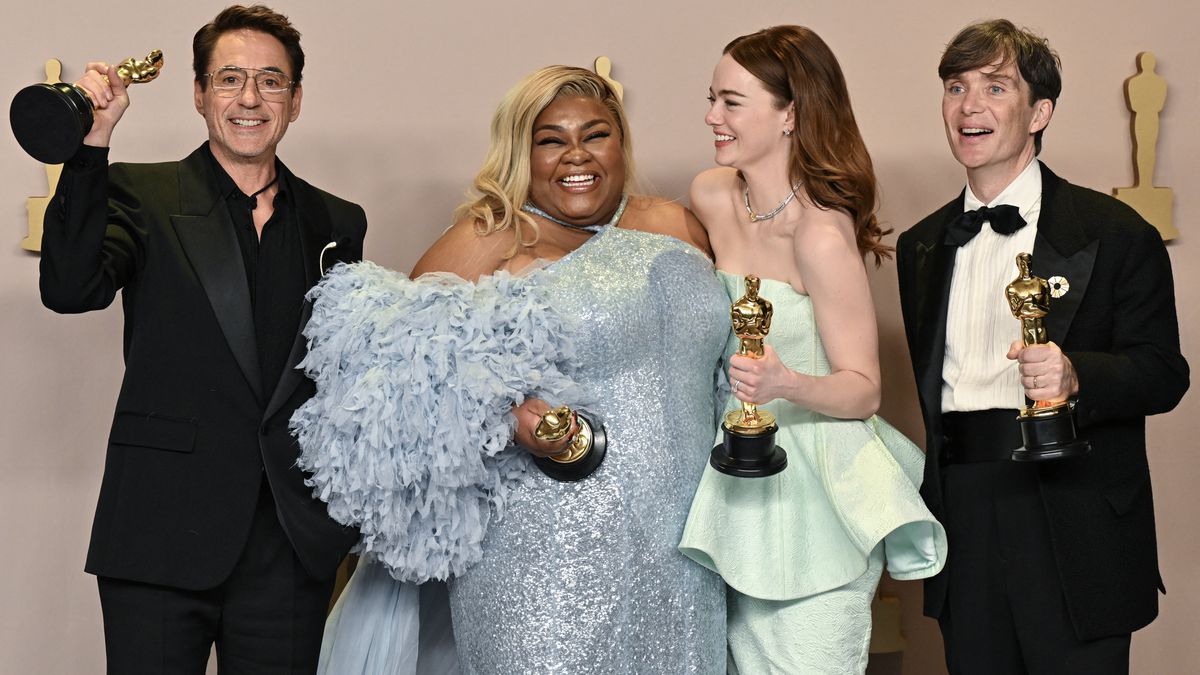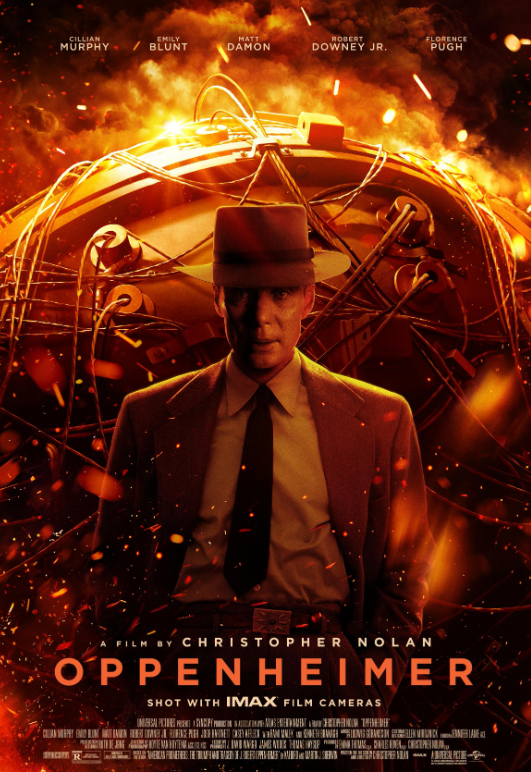
Released in a year of buzz-worthy news from across the pond, “The Iron Lady,” a biopic about the first and only female prime minister of the United Kingdom puts itself among events as large as the royal wedding, the summer Olympics and Queen Elizabeth II’s diamond jubilee. It does not contain all of the splendor or happiness or economic boons that the other celebrations do, though. The film depicts a present-day Margaret Thatcher who is coping with dementia and shows her life through flashbacks triggered by various images and events.
Meryl Streep plays Thatcher from her time in Parliament forward, with a Golden Globe in hand and nominations for the Screen Actors Guild Award and Oscar as well. Her role has attracted an audience for the film that ranges from college students to senior citizens since its release in mid-January. The film is as much an educational piece about dementia as it is a history lesson, with the fragmented frames going hand in hand with what seems to be left of Thatcher’s memory.
For those who know nothing about Thatcher beyond her accomplishment of breaking the gender barrier in western government, the film is informative. It incorporates moments of real footage from the ‘70s and ‘80s such as her ascension to office and the destruction of the attacks by the Irish Republican Army (IRA). When Streep plays the campaigning conservative, some of the backdrops are noticeably artificial, even though “The Iron Lady” was partially filmed on location in England.
There is serious time put into the Falklands War controversy, as well as her views on foreign affairs with President Reagan and the Soviets. But the main emphasis is on the barriers of class and gender. In the film, when talking about western civilization, Thatcher calls it “she,” and while running for election the emphasis is on her patriotism and ability to connect with the lower class, being the daughter of a grocer. She told her supporters it was time to “put the great back in Great Britain,” and with their votes, she managed to do so.
The film leaves audiences wanting more time spent on Thatcher as Prime Minister and an exploration of her relationship with the Queen, but the ending was appropriately simple and dignified; an embodiment of “shoulders back, tummies in” for putting on good face, whether for a picture of her and the Cabinet or in spite of a degenerative disease.
A cast of characters variably support and thwart Thatcher’s attempts in her political career, namely her husband Denis, played by Jim Broadbent, who spends much of the film in the form of Thatcher’s hallucination, and Geoffrey Howe, played by Anthony Head, the one to sit beside her in session. The only person she publicly looked up to was her father, who told her “Never roam with the crowd, Margaret … go your own way.” This self-assurance in her own convictions led her to alienate some, but impress others who doubted her abilities.
Throughout her time she has been called Maggie, MT, Margaret, Miss Roberts, Lady Thatcher, Prime Minister and Mummy. Thanks to the film industry, audiences today can see Thatcher’s political and personal evolution and her relationships with those affected by her quest for leadership that resulted in the longest tenure of a Prime Minister in 20th century Britain.
Margaret Clayton can be reached at [email protected].












